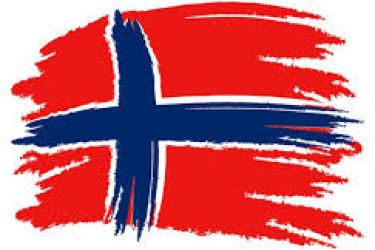
Norway, as a member of the European Free Trade Association (EFTA) and part of the Schengen Area, has specific regulations regarding work permits for foreigners. If you're an EU/EEA national, you generally have the right to live and work in Norway without applying for a residence permit, though there are registration requirements.
For non-EU/EEA nationals, the process is more detailed. Here are some common types of work-related residence permits:
1. Skilled Workers: This is for individuals who have completed vocational training or have a degree from a university or university college. The job you are offered must normally require qualifications as a skilled worker.
2. Specialist: This category is for people with special expertise that is not available in the Norwegian labor market.
3. Seasonal Workers: For work that's only carried out at certain times of the year.
4. Seafarers: For those working on Norwegian ships.
5. Ethnic Cooks: For cooks with special expertise in ethnic cooking, which is not commonly taught in Norway.
6. Religious Leaders/Teachers: For those coming to Norway to work in a religious community.
7. Artist, Reporter, Athlete: For individuals in these professional categories coming to perform or compete.
8. Au Pair: For young adults coming to learn about Norwegian culture and language, while living with a Norwegian family and assisting with household tasks.
9. Trainees: For training within a certain profession or industry.
10. Researcher: For those with their own funds, or are here to teach at an institution of higher education.
11. Self-Employed Persons: This is for those intending to start their own business or are self-employed.
The above are broad categories, and there may be specific nuances or other categories based on individual situations or updates to the immigration law. It's important to note that the exact requirements and qualifications can change, and it's always a good idea to consult the official website of the Norwegian Directorate of Immigration (UDI) or seek advice from legal experts for the most current information and specific guidance.
